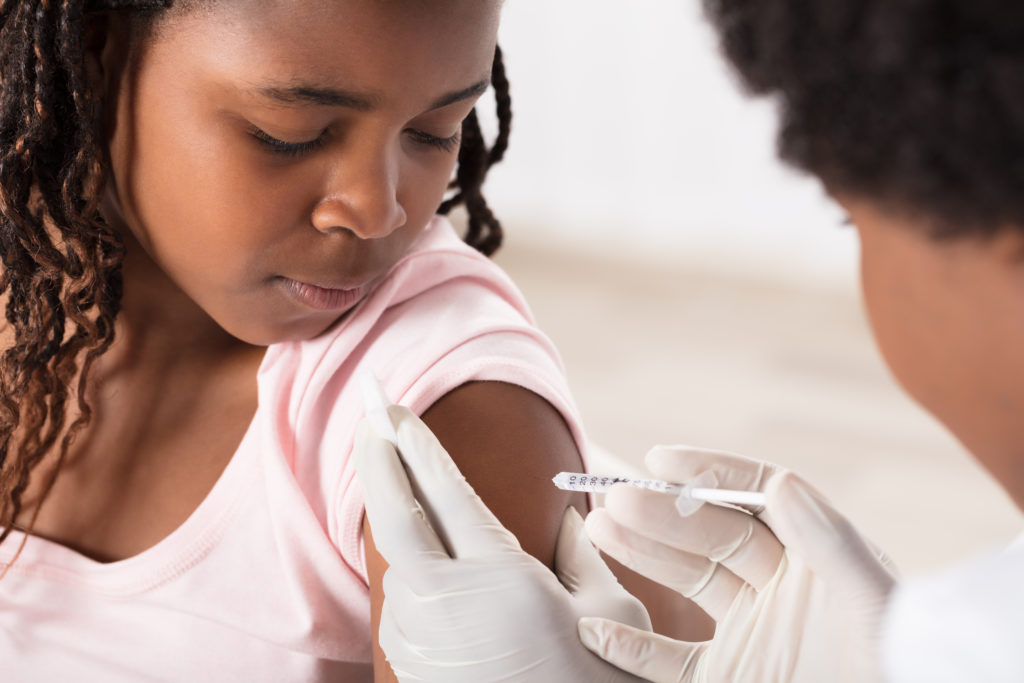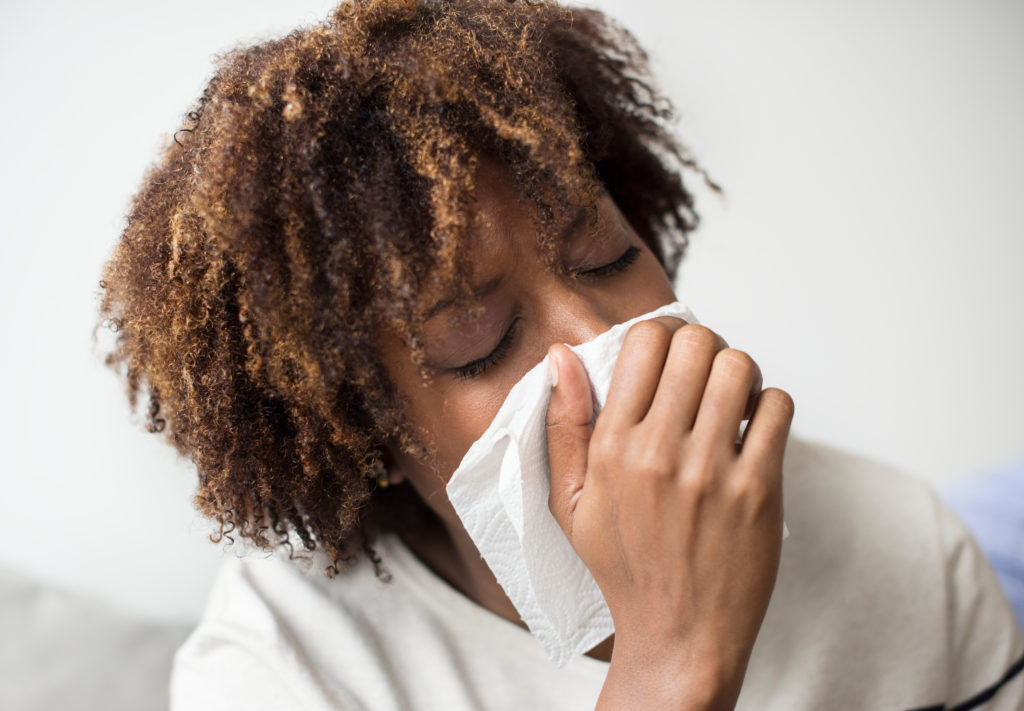“Ms. Oliver, I’m sorry but I need your consent to run a rapid HIV/AIDS test”
And just like that, the floor disappeared from beneath my feet and time froze. What started as a routine trip to the hospital to remedy what I assumed was a long term smoker’s cough was now one of the most frightening moments of my life. The doctor seemed to drone on soundlessly, as I began to time travel through my thoughts and memories of the last two years. Paralyzed, I recollected each moment that a friend or loved one tried to cajole me to go to a doctor, or said that I appeared ill, that I was painfully thin. I was too stubborn to listen.
“No one goes to the hospital for a cough and a little fatigue.”

This though was only my fear of the unknown. This, coupled with my innate unease in hospitals allowed me to rationalize my way out of any argument. Now, what I previously dismissed as the flu, seemed like serious indicators of illness that culminated in the previous night during a terrible coughing fit. Coughing up spittles of blood, gasping for breath, I clutched my chest and fell to the ground – thinking that those were my last minutes and that finally, my luck ran out.
I could no longer hide in my blissful ignorance, I would finally have to accept that I was dying, at least, that is what I thought. Choking on my own bile and blood, I lay there in a torn sports bra and boxer brief combo, with one last thought-it was regret. Regret that I was either too lazy or fearful to seek treatment. Regret that I didn’t go to the hospital.
Now, as the young doctor looked apathetically into my eyes, garbed in newly added gloves, face mask and syringe to draw blood – I had an entirely new regret- Why didn’t I stay home?
One hour and two HIV tests later, while standing in a crowded emergency room, I was told quickly and dispassionately that my results were negative. My repose, however was brief as I quickly got out of the pot and into the proverbial fire.
“Ms. Oliver, don’t be alarmed but we have to isolate you. You have a very advanced case of active Tuberculosis.”
Didn’t TB just exist in Victorian art and literature? With waif like protagonists who coughed daintily into laced handkerchiefs? I shook my head and mused bitterly, “Should I be watchful for the plague as well?”
Treatment

In totality, I spent three months in Caura Hospital (Trinidad and Tobago), quarantined by law for the public’s safety. When I wasn’t plotting my escape from institutionalized living or rallying my “fellow inmates” against the administration in pursuit of patients’ rights, I was also researching and educating myself about this disease; Tuberculosis.
What did I learn?
Tuberculosis is an infectious disease that usually affects the lungs. It is an airborne pathogen. This means that the bacteria that causes TB can spread through the air from person to person. The World Health Organization estimates that 9 million people a year get sick with TB, with 3 million of these “missed” by health systems. Notably, TB is among the top 3 causes of death for women aged 15 to 44.
I had also come to understand the reason for the doctor’s cognitive leap between my chest X-rays and HIV/AIDS.
“HIV infected persons are more likely to have extra pulmonary TB, making it their primary cause of death. However, its important to note that HIV does not cause TB or vice versa.”
While TB is contagious, it is not easy to contract. A healthy immune system often successfully fights TB bacteria but anyone with a compromised immune system due to HIV/AIDS, diabetes, severe kidney disease, certain cancers, cancer treatment, certain prescribed medicines, malnutrition or very young or advanced age is more susceptible to the bacteria.
Those who are exposed to persons infected with TB but are able to fight off the bacteria are diagnosed with Latent TB. In this condition, the patient has a TB infection, but the bacteria in the body is inactive and isn’t contagious. 10% of persons affected with latent TB convert to Active TB. Active TB presents physical symptoms, is contagious and spreads through the air when a person coughs, sneezes, spits, laughs, talks and sings. It can occur in the first few weeks after infection with the TB bacteria, or it might occur years later.
Symptoms of active TB include:

- Coughing that lasts three or more weeks (or 2 years as in my case)
- Coughing up blood – however this symptom usually presents itself in advanced cases and not early in the infection.
- Chest pain, or pain with breathing or coughing.
- Drastic weight loss and no appetite- I sometimes didn’t eat a meal for two to three days eventually weighing ninety-nine pounds standing at 5’4.
- Fatigue
- Fever
- Night sweats
- Chills
Tuberculosis can also impact other parts of your body, including your liver, spine or brain. When TB occurs outside your lungs, signs and symptoms vary according to the organs involved. For example, tuberculosis of the spine may give you back pain, and tuberculosis in your kidneys might cause blood in your urine.
After three months in the hospital, fluid in my lungs and heart made it painful to laugh or cough at times. I took a a mountain of pills and a daily cocktail for nine long months. Even though most have zero side effects to the medicine, I was not as fortunate. While it worked to heal my TB, the medication also negatively affected my menstrual cycle, made me nauseated, bloated and break out in adult acne, a reminder of my condition every time I looked at myself.
Treatment was not always easy but treatment is possible and for that I am not only grateful, but determined. Determined to share my experience and to enlighten others.
While TB infection and death rates have drastically reduced internationally, it is still more prevalent in the Caribbean region and for that we have to be informed and proactive. Don’t become a statistic, visit your local public medical center and request to be be tested for Tuberculosis today!
Trust me, it can literally save your life.



















